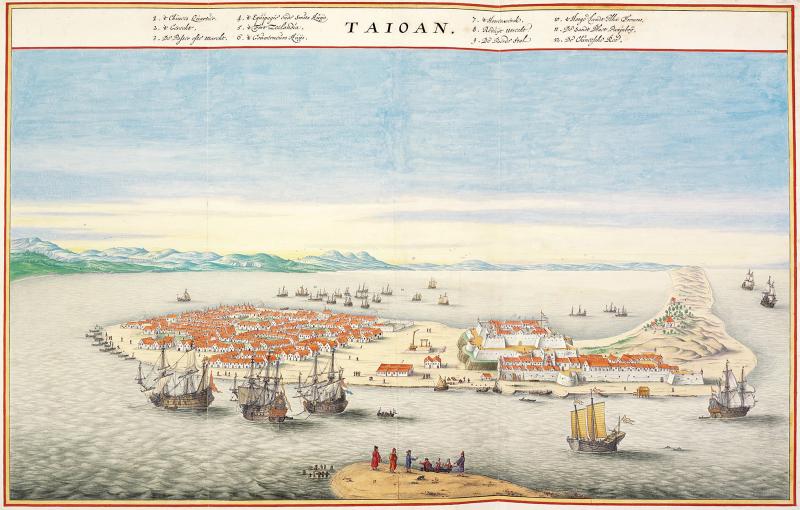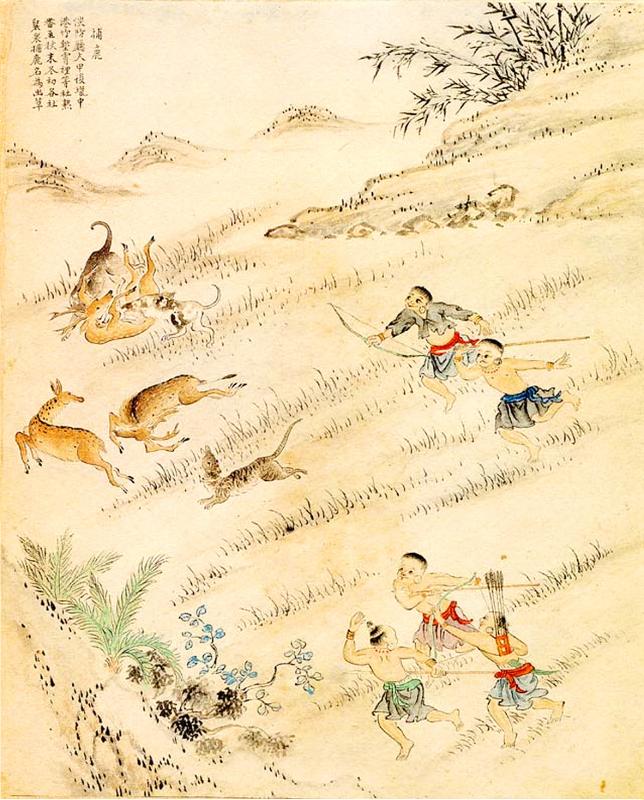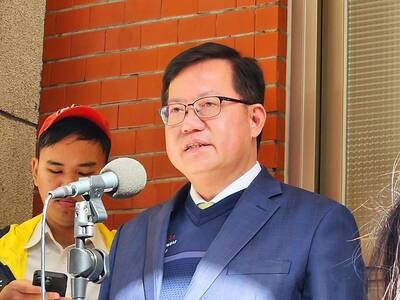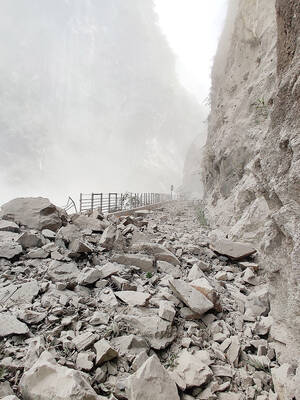Last week saw a spate of articles warning that China’s growing military might would give it victory in a war over Taiwan against the US. In them was the usual tiresome confusion over what US policy towards Taiwan is. Writing in the New York Times (“Biden says we’ve got Taiwan’s Back. But do we?”, May 27, 2022), China expert Oriana Skylar Mastro asserted that “Washington has endorsed” the Chinese claim that “Taiwan and China belong together.”
False. Washington’s position has been for the last six decades that Taiwan’s status remains undecided. This means that under US policy, Taiwan is currently not part of China. The editors were apparently asleep at the wheel.
This error led her to further argue that China could decide to “recover” Taiwan, an island that no Chinese emperor ever owned. Like many China-focused writers, she danced each evolution of the elaborate China explainer minuet, telling us Beijing’s point of view without informing us what the US or Taiwan might think, and calling for the US to demonstrate a “stronger US commitment to a peaceful resolution of the Taiwan dilemma.”

Photo courtesy of Wikimedia Commons
It is obvious that she believes “a peaceful resolution” means getting the people of Taiwan to accept rule from Beijing without a war. Apparently there’s a whole class of strategic thinker out there who quietly believe that China should be permitted to have Taiwan unmolested.
That this will lead inevitably to war with Japan over the Senkaku Islands and Okinawa, except with China in a far better geostrategic position, does not appear to be a problem for this crowd.
‘CORE INTERESTS’ = ANNEXATION

Photo courtesy of Wikimedia Commons
Skylar Maestro did not use the term, but underlying this type of thinking is the idea that Taiwan is a “core interest” of China, “the mother of all core interests,” as Singapore Prime Minister Lee Hsien Loong (李顯龍) once described it.
For years Beijing has used this term, getting it widely adopted by writers and thinkers. China has feelings, they tell us. Taiwan is, after all, a “core interest.”
What places represent core interests for China? Tibet, East Turkestan (Xinjiang) and Taiwan. What a coincidence: all places Beijing is seeking to permanently annex over the opposition of the locals.
“Core interest” is just a euphemism for “annexation.” It occupies the same position in the Chinese lexicon that “special military operation” does in the Russian. That term, along with the idea that China has feelings, should never be used by writers on China.
It is marrying the term “core” to the word “interest” that gives the phrase its spurious emotional force.
The constant reiteration of the alleged strong feelings Beijing has, and the reframing of annexing Taiwan as “reunification” or “recovery,” represents the mere forwarding of Chinese state propaganda. Even when presented only as Beijing’s point of view, it still invites the reader to empathize with the mass murder of Taiwanese.
“Hey, those poor, put upon Chinese have strong feelings.”
This move is especially powerful when the writer suppresses the point of view of the Taiwanese.
The US, by contrast, is never presented as having “feelings” about the defense of Taiwan and Japan. Washington’s motives are generally assumed rather than explained. When explained, writers usually present Washington as acting in its self-interest.
Beijing has feelings. Washington has interests. This obvious emotional-rational dichotomy is just orientalization of China functioning as analysis of China.
Ideas like “core interest” enable speakers to act out the role of cultural brokers making the exotic faraway land of China known to eager naive Westerners, an expanding wave front of obfuscation that hides the simple fact that Beijing operates an empire it is seeking to expand.
The use of terms like “core interest” dignifies China’s mad desire to annex Taiwan, giving it a veneer of international relations terminology. This makes speakers appear as if they were cognoscenti handling complex ideas when in fact they are just parrots.
Beijing has taught them how to think and what to say, these robots of the China watching community.
‘THE LAND THAT IS NOT CHINA’
The truth is that China has no special interest in owning Taiwan. For all of Chinese history, until China was extinguished by the Manchus in the 17th century, the melange of states that constituted the Chinese cultural sphere displayed no interest in Taiwan.
Indeed, the early Qing (Manchu) text The Comprehensive Gazetteer of the Great Qing Realm (大清一統志), completed in 1746, summarized this neglect in a magnificently confused passage, describing Taiwan as a “land suffering a shortage of clothing since ancient time, the land that is not China. It was called the Eastern Barbarians. In 1621-27, it was seized by the Dutch, and belongs to the Japanese.”
Centuries of brilliant, scheming ministers came and went in China without ever noticing that a core interest lay just off their coast. In the recent era, China has grown wealthy and powerful without controlling Taiwan. It obviously doesn’t need to.
Taiwan is not an interest of a peaceful developing state. It can only be an interest of an imperial state, as it has always been throughout its few hundred years of contact with the great powers. Displaying an interest in occupying Taiwan signals what kind of state you are.
When did China decide Taiwan was a core interest? When it decided it could grab Taiwan. It’s as simple as that.
Imagine some alternate world in which Spain had been more nimble and erected a colony in Tainan as an early explorer had suggested, instead of the Dutch. It might have made Taiwan an extension of its colony in the Philippines. China today would then be ardently supporting a Taiwan independence movement against Manila for the same reason it supports the one on Okinawa currently: because it wants to annex the island in the end.
The words “core interest” would never have arisen in that alternate world. In that world, Beijing would not have feelings about Taiwan.
It is time for editors to stop permitting writers to argue that Beijing has feelings. It is time for them to lay to rest all the euphemisms for Chinese expansionism that enable the writer to pretend that Taiwanese don’t exist and that China is not engaging in annexation. It is time to put “core interest” in scare quotes. It is time to incorporate words like “annexation” and “expansion” into the mainstream discourse on China’s behavior.
The state across the strait is an authoritarian ethnonationalist imperium, just like Russia. Writers and editors need to stop legitimating its actions using the language that it wants them to use. Instead, we all should be working to create accurate descriptions that can legitimate action by the democracies to expand and defend democracy, and put down tyranny.
Power might not listen when we speak truth to it, but we owe it to the future to speak the truth about it.
Notes from Central Taiwan is a column written by long-term resident Michael Turton, who provides incisive commentary informed by three decades of living in and writing about his adoptive country. The views expressed here are his own.

Last week, Viola Zhou published a marvelous deep dive into the culture clash between Taiwanese boss mentality and American labor practices at the Taiwan Semiconductor (TSMC) plant in Arizona in Rest of World. “The American engineers complained of rigid, counterproductive hierarchies at the company,” while the Taiwanese said American workers aren’t dedicated. The article is a delight, but what it is depicting is the clash between a work culture that offers employee autonomy and at least nods at work-life balance, and one that runs on hierarchical discipline enforced by chickenshit. And it runs on chickenshit because chickenshit is a cultural

By far the most jarring of the new appointments for the incoming administration is that of Tseng Wen-tsan (鄭文燦) to head the Straits Exchange Foundation (SEF). That is a huge demotion for one of the most powerful figures in the Democratic Progressive Party (DPP). Tseng has one of the most impressive resumes in the party. He was very active during the Wild Lily Movement and his generation is now the one taking power. He has served in many of the requisite government, party and elected positions to build out a solid political profile. Elected as mayor of Taoyuan as part of the

Moritz Mieg, 22, lay face down in the rubble, the ground shaking violently beneath him. Boulders crashed down around him, some stones hitting his back. “I just hoped that it would be one big hit and over, because I did not want to be hit nearly to death and then have to slowly die,” the student from Germany tells Taipei Times. MORNING WALK Early on April 3, Mieg set out on a scenic hike through Taroko Gorge in Hualien County (花蓮). It was a fine day for it. Little did he know that the complex intersection of tectonic plates Taiwan sits

When picturing Tainan, what typically comes to mind is charming alleyways, Japanese architecture and world-class cuisine. But look beyond the fray, through stained glass windows and sliding bookcases, and there exists a thriving speakeasy subculture, where innovative mixologists ply their trade, serving exquisite concoctions and unique flavor profiles to rival any city in Taiwan. Speakeasies hail from the prohibition era of 1920s America. When alcohol was outlawed, people took their business to hidden establishments; requiring patrons to use hushed tones — speak easy — to conceal their illegal activities. Nowadays legal, speakeasy bars are simply hidden bars, often found behind bookcases